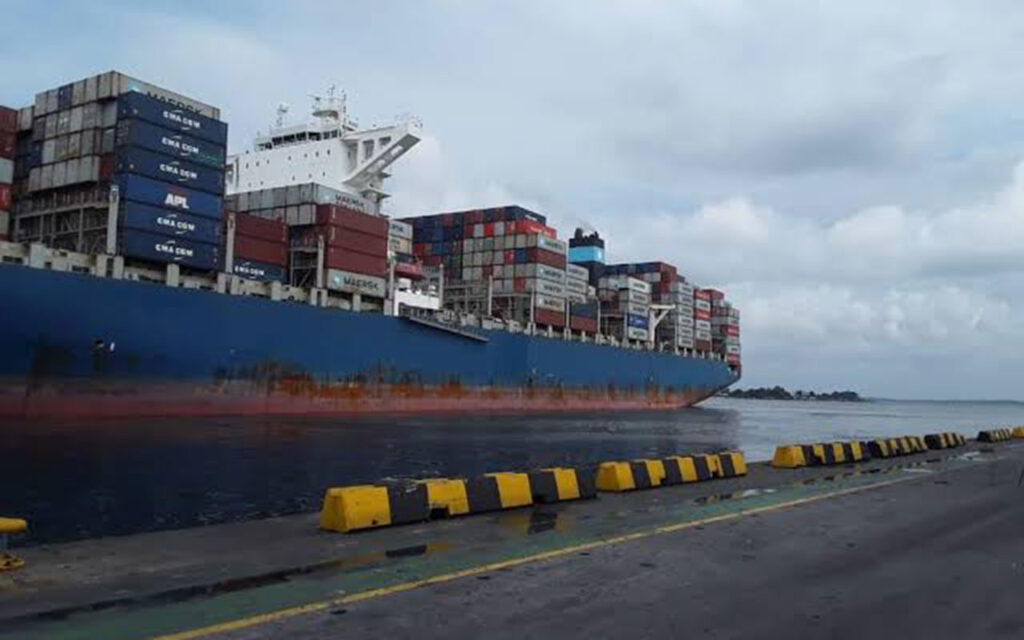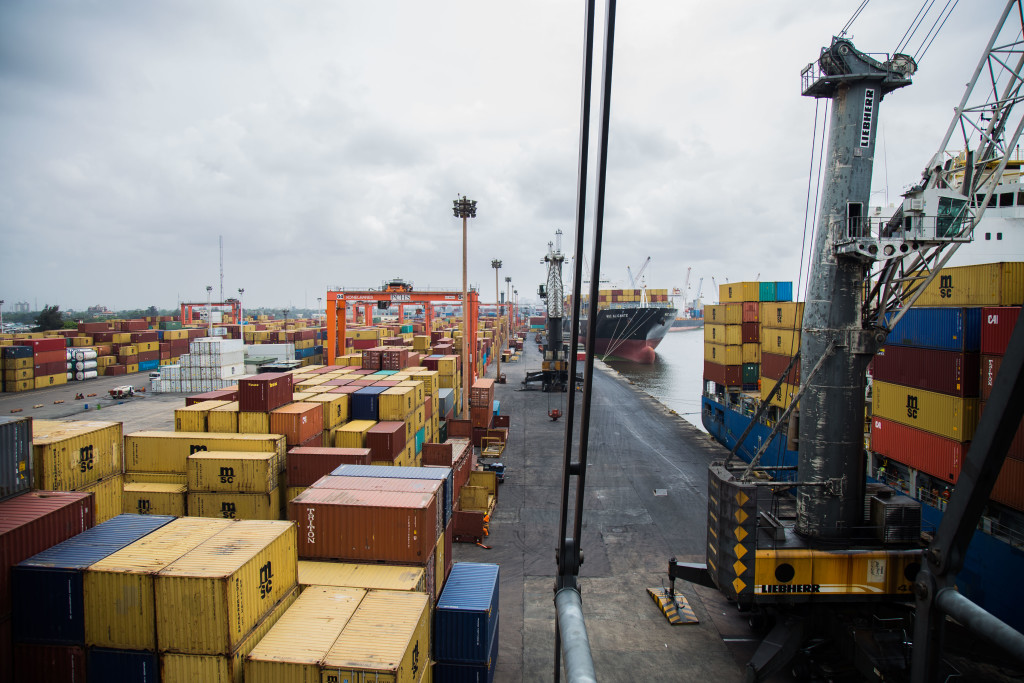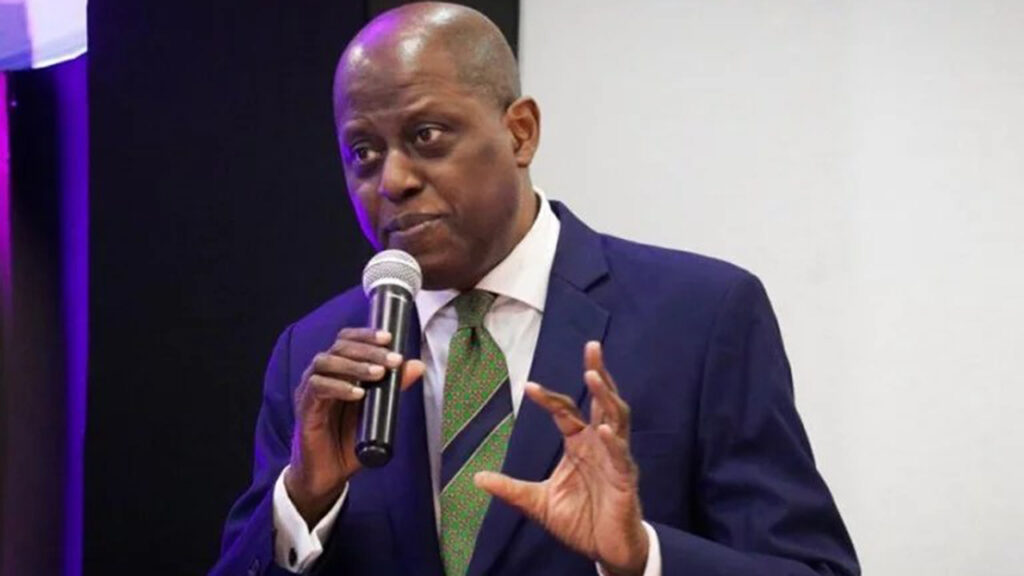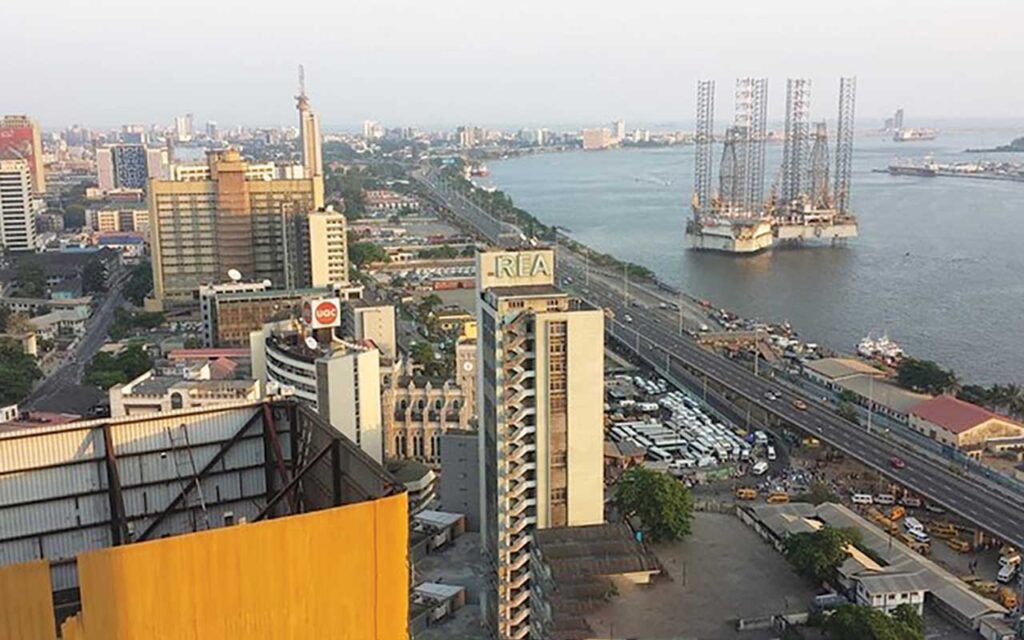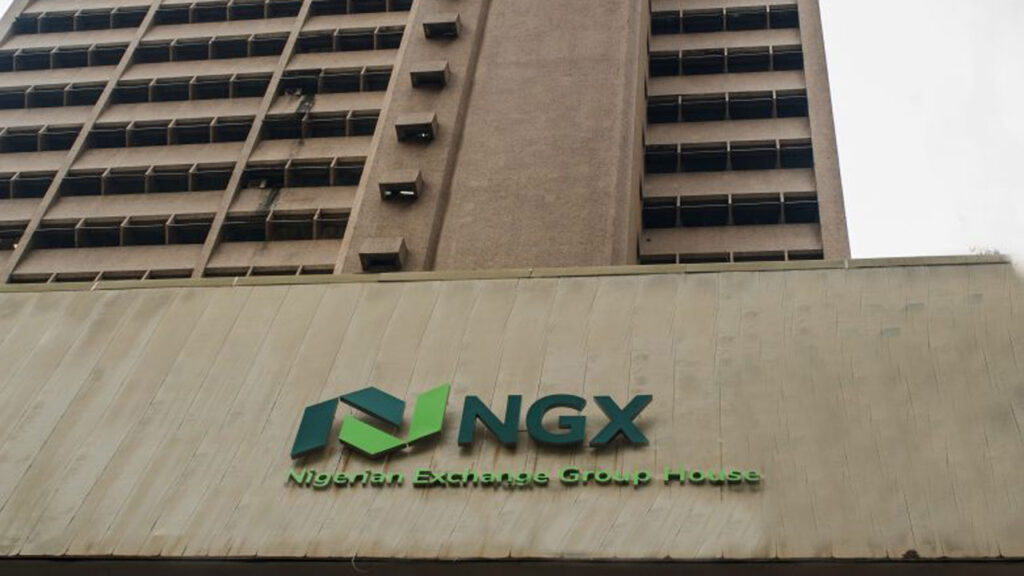
The Federal Government has been advised to effectively utilise the Cabotage Vessel Financing Fund (CVFF) to establish and bolster a domestic shipbuilding industry.
A Maritime and Security Expert, Prof Alfred Oniye, who gave the advice, said using the funds for domestic shipbuilding aligns with the government’s objectives to enhance indigenous capacity, create jobs, and stimulate economic growth. He said this strategy could mark a significant turning point for the nation’s economic and strategic development.
Oniye also stated that the advantages of such an investment extend beyond the maritime sector, offering a pathway to economic diversification and resilience, while promising a brighter future for Nigeria.
The maritime expert explained that investing the CVFF in shipbuilding aligns with the fund’s objectives to develop indigenous maritime capacity. According to him, shipbuilding requires substantial capital investment, technical expertise, and infrastructure development, adding that the CVFF can provide the necessary financial backing to overcome these initial barriers and foster a self-reliant maritime industry.
Oniye listed the potential impacts of investing the CVFF in domestic shipbuilding on the economy to include, job creation, skill enhancement and technology transfer, strengthening ancillary industries, conservation of foreign exchange, expansion of trade, and enhanced national security. He noted that the establishment of a robust shipbuilding sector would create a wealth of job opportunities both within the shipyards and indirectly through the supply chain.
Oniye said employment generation can significantly reduce the unemployment rates and stimulate economic growth. The maritime expert explained that developing shipbuilding capabilities would necessitate advanced training and the importation of cutting-edge technologies, thereby upgrading the local workforce’s skills.
He emphasised that a thriving shipbuilding industry would catalyse growth in related sectors such as steel manufacturing, electronics, and engineering services while creating a multiplier effect on the economy.
Oniye stated that domestic shipbuilding would curtail the high foreign exchange expenditure currently used for importing vessels, adding that the conservation of foreign reserves is crucial for economic stability.
He stated that with the ability to produce and maintain its fleet, Nigeria could broaden its scope in international trade, potentially increasing export revenues and enhancing the trade balance. Oniye further stated that establishing a domestic shipbuilding industry also serves strategic security purposes, enabling the nation to maintain and produce essential vessels.

